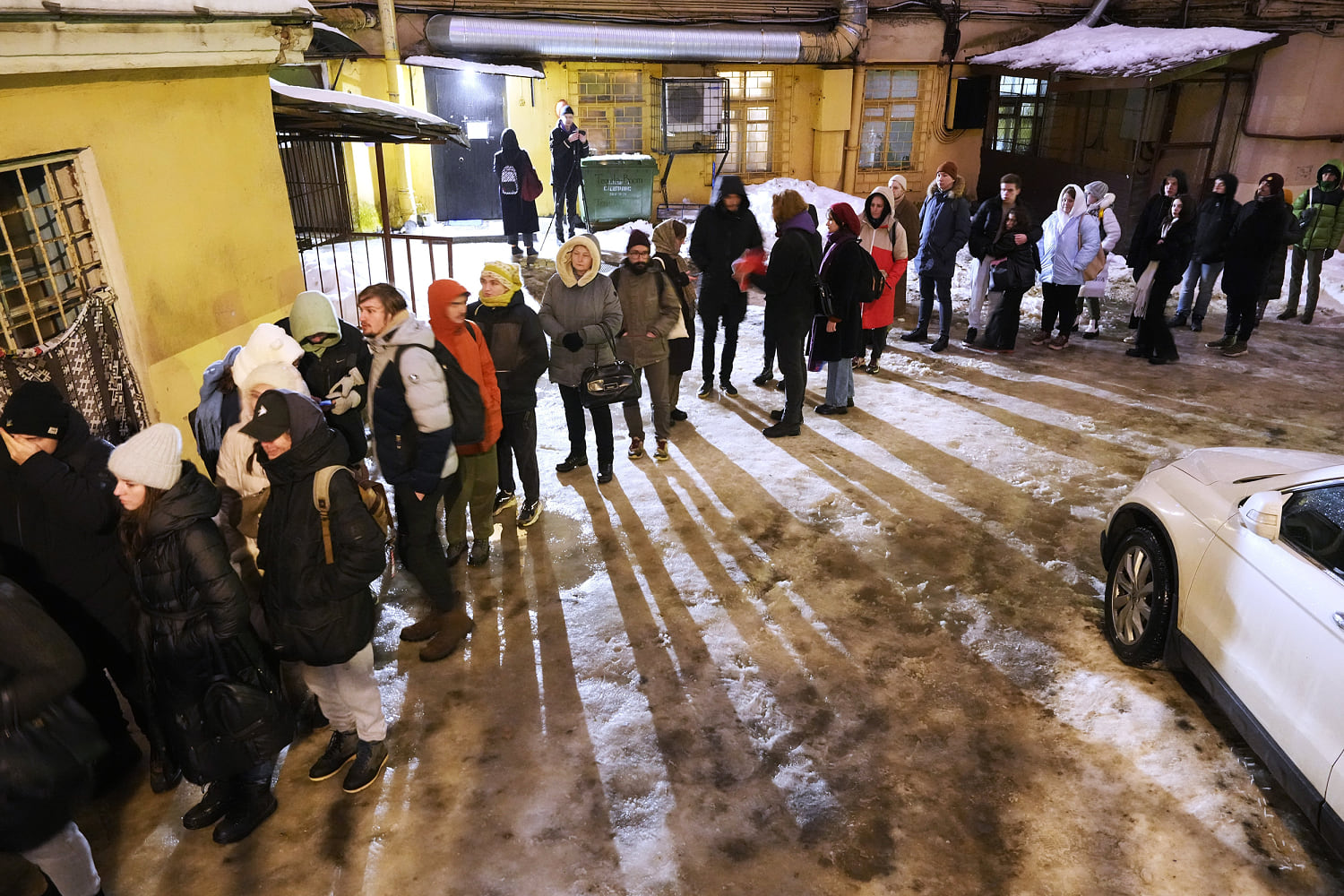
Nadezhdin has also managed to achieve the seemingly unachievable in Russian politics — drawing support from multiple prominent Russian opposition figures, whose internal squabbles have long prevented them from uniting against the Kremlin. That includes supporters of jailed opposition leader Alexei Navalny.
It appears the Kremlin has been taken by surprise by that unity and the surge of apparent public support for Nadezhdin, despite claims by Putin’s spokesman Dmitry Peskov that Nadezdhin was no rival to the Russian president.
It appears to have been a surprise, too, for Nadezhdin himself, who told Russian media his popularity was indicative of the “demand for peace and changes” in the country.
“It is a very strange election because there is no real choice,” Nadezhdin told NBC News in an interview in Moscow in December, shortly after he announced his bid, saying he wanted to challenge Putin for undermining Russian democratic institutions steering the country to greater authoritarianism.
“I am ready for everything,” he said at the time.
Russian elections are often mired in irregularities and claims of fraud. It is extremely difficult for challengers to get their names onto a ballot at any level. Critics say Russia’s elections amount to little more than a sham, and Putin is all but guaranteed to win come March.
To get his name on the ballot, Nadezhdin had to collect 100,000 signatures from across Russia by the end of January to register his candidacy with Russia’s electoral commission, no small feat for a candidate who says his campaign is funded exclusively by crowdfunding.
The urgency to collect the required signatures in such a short time saw Russians inside the country and expats abroad line up outside his offices, viewing it as perhaps the only way to peacefully and legally show Moscow that there was support for an anti-war message amid a widespread crackdown on dissent.
Protests and public displays of criticism of the war have led to detentions and arrests, making opposition to the war nearly impossible without risking one’s freedom. The Kremlin insists that the number of Russians who do not support the war is tiny, and the majority of the society is consolidated around Putin.
